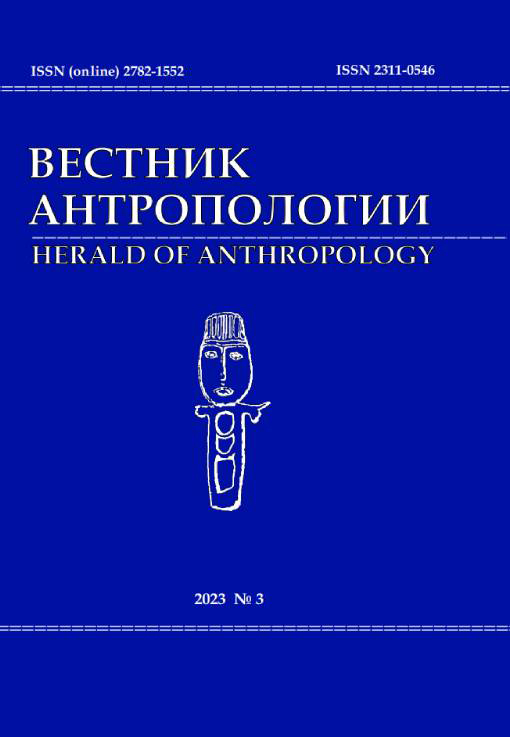The Current Ecological Situation in Small Towns of the Yaroslavl Region. A Case of Danilov and Poshekhonie
DOI: 10.33876/2311-0546/2023-3/98-120
Keywords:
environmental situation, wastewater, treatment facilities, forest, Oka, Volga, Yaroslavl regionAbstract
Since 2017 our project “The Population of a Russian Small Town in the 21st Century: Ethnocultural, Demographic, Ecological, Social and Economic Aspects of their Development” at the Centre of Human Ecology of the Russian Academy of Sciences N. N. Miklouho-Maklay Institute of Ethnology and Anthropology aims to study the ecological situation both in small towns and adjacent areas. It concerns, in the first place, the pollution of small and big rivers resulting from outdated and non-functioning wastewater treatment plants and the disposal of untreated effluents into the Oka River, the Volga River and some small rivers. We were interested in the management of industrial use and protection of forest resources and wild nature, garbage collection and utilization. The access to safe and clean drinking water was our special concern. We developed and tested programmes to collect data on the current ecological situation in small towns of Central Russia. We interviewed experts and officials responsible for various aspects of environmental protection, in particular for the condition of the towns’ wastewater treatment plants. The present paper is based on the results of this study concerning two small towns of the Yaroslavl region: Danilov (2020) and Poshekhonie (2021). The paper analyses the data of official surveys with respect of water pollution in this area. It also discusses the current state of timber industry, whose role in the economy of the Yaroslavl region has traditionally been decisive. Over 30 years since 1991, the infrastructure of many small towns and urban settlements went into decline. For the last decades, regional leaders at different levels and federal government officials have faced the priority ecological challenges, which demand the urgent modernisation, or rather, the reconstruction of treatment facilities. That would allow to significantly reduce the exorbitant levels of pollution of the Volga-Kam river basin, with water supply networks being reconstructed and renovated in order to provide access to safe and clean drinking water. Urgent government measures to support national forestry are also required.





















